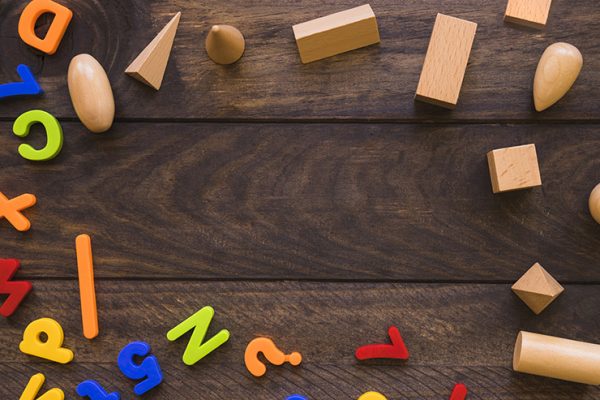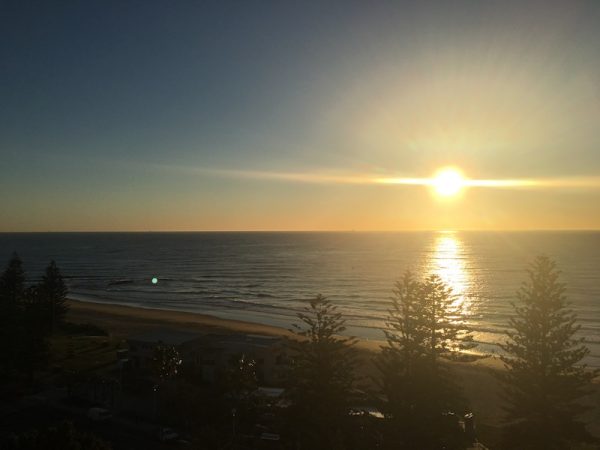Katherin Cartwright is a passionate mathematics educator and is currently a sessional lecturer and tutor at The University of Sydney teaching mathematics to pre-service teachers in primary education. She has just completed her PhD researching teacher noticing of mathematical fluency in primary students.
It’s that time of the year again when primary teachers shift their focus to collating assessment data to write end of semester reports to parents. So how do we make judgements in mathematics? And what does ‘high’ or ‘outstanding’ look and sound like in mathematics?
Are you are feeling that there is too much mathematics ‘to get through’ in your mathematics lessons? Here are a few examples of how to incorporate parts of your mathematics scope (outcomes) into other learning areas.
Student voice in mathematics, and the teacher’s ability to create opportunities for mathematical discourse focused on students’ ways of thinking and working, is at the heart of quality teaching.
Students need all teachers and carers in their lives across their schooling life to be passionate about mathematics, its usefulness and its beauty, and every students’ ability to improve in mathematics. Only when all our attitudes towards mathematics change will we see students’ confidence and choices regarding mathematics change.
Understanding the language of mathematics plays a large role in students becoming numerate. Whether it’s the language of mathematics or mathematical language, it’s new for all of us.
Finding appropriate resources and lesson ideas for the mathematics classroom can be one of the many challenges for both beginning and experienced teachers.
“Don’t staple on a thin veil of real-world” – Sage advice from the amazing Dan Meyer whose workshop session…
Missed hearing Eddie Woo speak at MANSW? Here is the second of three reflection blogs on the MANSW annual conference that took place on 14th to 16th September.
Missed hearing Dan Meyer speak at MANSW? Here is the first of three reflection blogs on the MANSW annual conference that took place on 14th to 16th September.
Does a cylinder have edges? This is a question I have been asked before, and many more questions like it regarding shapes and objects. Once again, it was up for debate last week in a Facebook group of which I’m a member. It was encouraging to see so many teachers talking about mathematics.







